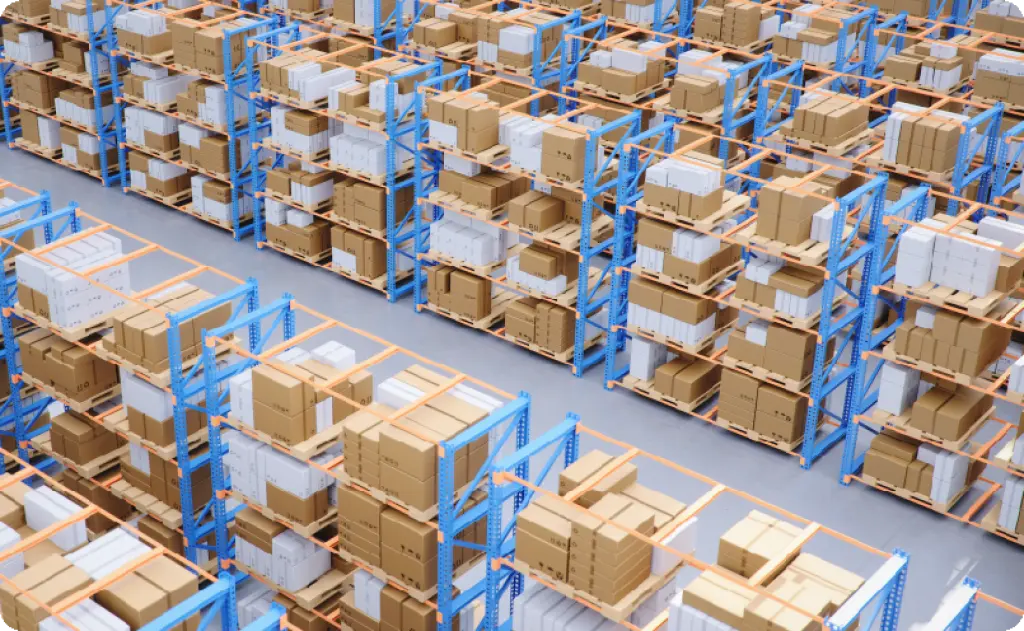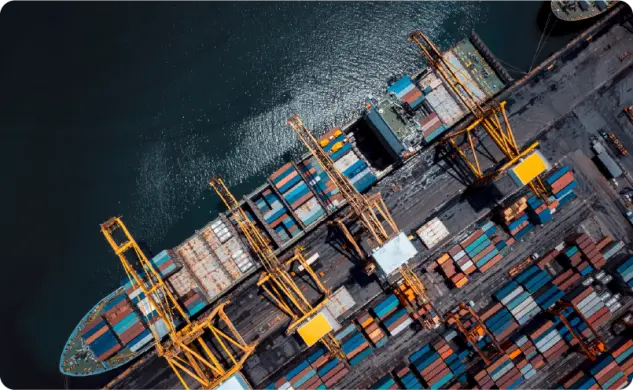The EU’s response to cheap online imports: Addressing safety, sustainability and fair competition.
- Thu, May 08, 2025
- 2.5 minuten leestijd

Product safety & compliance
Illegal and unsafe products that don’t meet the EU standards are now sold via online marketplaces and flood into the EU market. According to Eurobarometer data, Europeans frequently purchase clothing, shoes, accessories, cosmetics, and beauty products online. However, when these goods fail to meet EU safety regulations, they can pose severe health risks. Beyond health concerns, there are also serious security risks. Criminal networks exploit the massive volume of e-commerce shipments to smuggle illegal goods.
Sustainability
Many online products are sold at extremely low prices, but these prices do not account for the hidden environmental costs associated with their production, shipping, and disposal, making them very unsustainable. Manufacturing these goods often involves pollution and high carbon emissions, particularly when fossil fuels are used in production. Additionally, many of these items are low-quality, meaning they consume more energy, have short lifespans, and are difficult or impossible to repair. Since these products are usually shipped individually, the carbon footprint from transportation is substantial. Also, In many cases, no fees have been paid to cover proper waste management, and the materials used make recycling difficult or even impossible.
Competition
There is unfair competition, as many non-EU sellers bypass EU regulations on product safety, consumer protection, and environmental standards. By avoiding these compliance costs, non-compliant businesses gain an unfair financial advantage over companies that follow EU rules. This imbalance puts law-abiding businesses at a disadvantage, leading to significant financial losses. Across industries, the impact is severe: the clothing sector loses nearly €12 billion annually, the cosmetics industry €3 billion, and the toy industry €1 billion due to counterfeit or unauthorized sales. Adding to the issue, non-EU sellers avoid import duties that EU-based businesses must pay.
Measures for safe and sustainable e-commerce
The European Commission is planning to introduce measures to manage the rapid growth of cheap e-commerce imports and address concerns about counterfeit products, unfair competition for EU businesses, and environmental impact. The Commission urges EU countries to swiftly implement these measures, especially to regulate imports from Chinese platforms.
As part of its new strategy, called: ‘A Comprehensive EU Toolbox for Safe and Sustainable E-commerce’, the Commission proposes measures in customs, consumer protection, and digital regulations. The Commission proposes:
- Customs reform: This includes urging co-legislators to swiftly approve the proposed Customs Union Reform Package, enabling the rapid implementation of new rules to create a level playing field in e-commerce. The reformed Union Customs Code, for example, eliminates duty exemptions for parcels under €150, enhances data sharing, and strengthens compliance controls.
- Targeted import measures: Coordinated customs and market surveillance actions to remove unsafe products and impose stricter penalties for non-compliance.
- Consumer protection: Enhancing enforcement of online marketplace regulations under the Digital Services and Digital Markets Acts.
- Digital tools: Using AI and digital product passports for better oversight.
- Environmental protection: Implementing sustainable product regulations and waste reduction initiatives.
- Consumer & trader awareness: Educating consumers on rights and safety.
- International cooperation: Training on EU product safety and investigating trade practices like dumping.
The Commission urges EU Member States to collaborate on enforcement. Within a year, it will evaluate the impact of these actions. If existing measures are deemed insufficient, additional regulatory actions will be introduced to further tighten enforcement.
In conclusion, The EU is taking decisive action to regulate e-commerce imports, ensuring that products sold to European consumers are safe, compliant, and environmentally responsible. The proposed measures aim to protect consumers, create fair competition for businesses, and reduce the environmental impact of mass online retail. The success of this initiative will depend on cooperation between EU institutions, national authorities, and international trade partners.
Gerelateerd nieuws & artikelen
Ontvang de waardevolle inzichten van onze experts en updates over douanezaken rechtstreeks in je inbox
Door je aan te melden, geef je toestemming om door Gaston Schul te worden benaderd over onze relevante content, producten en evenementen. Je kunt je te allen tijde uitschrijven. Zie ons privacybeleid voor meer informatie




